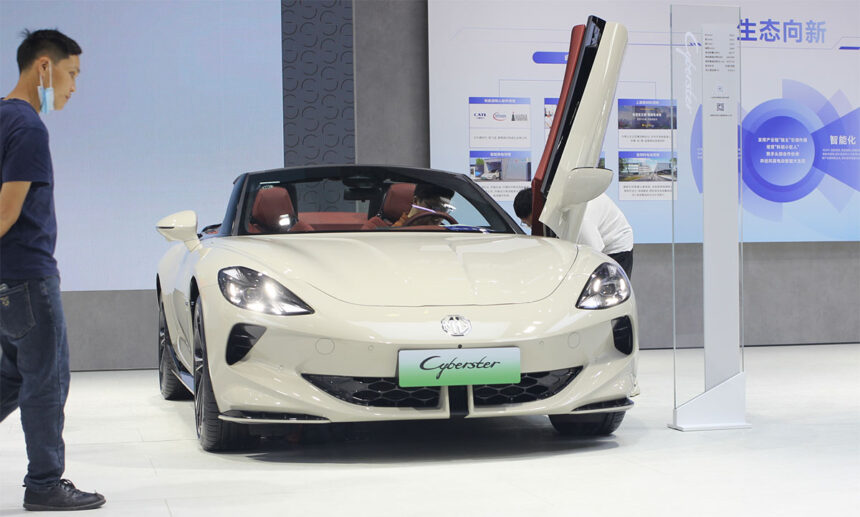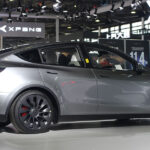The European Union (EU) and China are reportedly on the brink of resolving the issue of tariffs on Chinese electric vehicle (EV) imports into the EU. According to a recent statement from an EU official, the two parties are close to reaching an agreement that could potentially see a new approach to the additional tariffs that were recently imposed on Chinese EVs.
Bernd Lange, the chair of the trade committee of the European Parliament, revealed in an interview with German broadcaster n-tv that negotiations between Brussels and Beijing are progressing positively. He suggested that China may agree to offer EVs in the EU at a minimum price, which would help eliminate unfair competition caused by subsidies and was the reason behind the introduction of tariffs in the first place.
The EU’s anti-subsidy investigation into battery electric vehicle (BEV) imports from China concluded on October 29, leading to the implementation of additional tariffs the following day. These tariffs, which range from 7.8 percent for Tesla China to 35.3 percent for SAIC Motor, are in addition to the original 10 percent tariff.
Both the EU and China are actively working on finding alternative, World Trade Organization (WTO)-compliant solutions to address the issues raised by the investigation. Despite the imposition of tariffs, negotiations between the two parties are ongoing, with both sides expressing a willingness to find common ground.
In response to the EU’s decision, China took countermeasures, including filing a complaint with the WTO. However, both parties have indicated that negotiations are continuing, with reports suggesting that a “technical consensus” has been reached on a price commitment plan for China-made EVs.
The consensus on the price commitment framework signifies a significant step forward in the negotiations, indicating that both the EU and China are focused on reaching a mutually beneficial agreement. This progress bodes well for the future of EV imports from China into the EU and could lead to a resolution of the tariff issue in the near future.
Overall, the developments between the EU and China regarding tariffs on Chinese EV imports highlight the importance of fair competition and cooperation in the global automotive industry. As negotiations continue, stakeholders on both sides are hopeful for a positive outcome that will benefit consumers and promote sustainable growth in the EV market.







